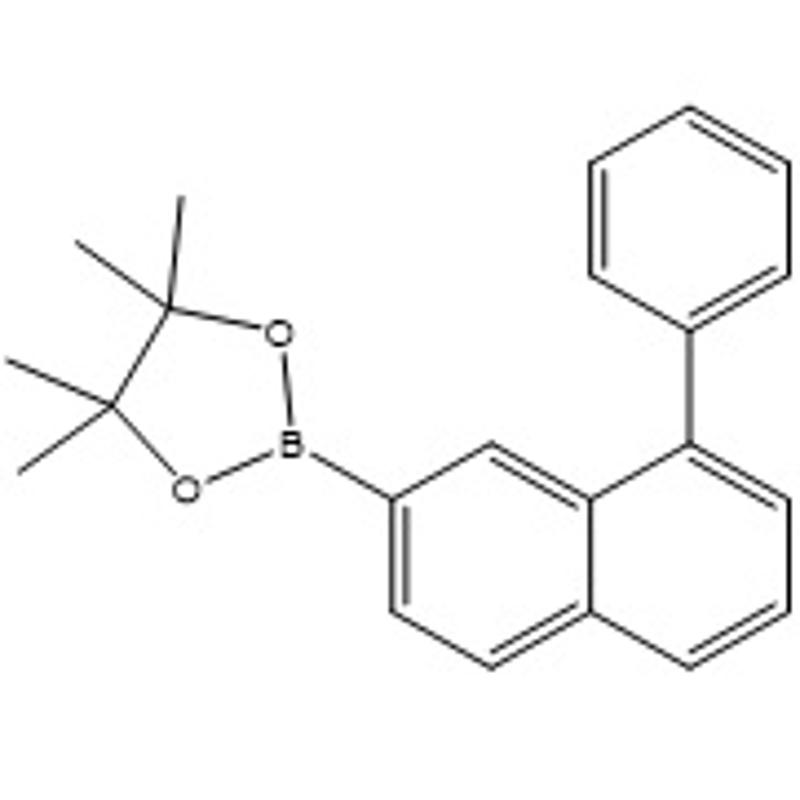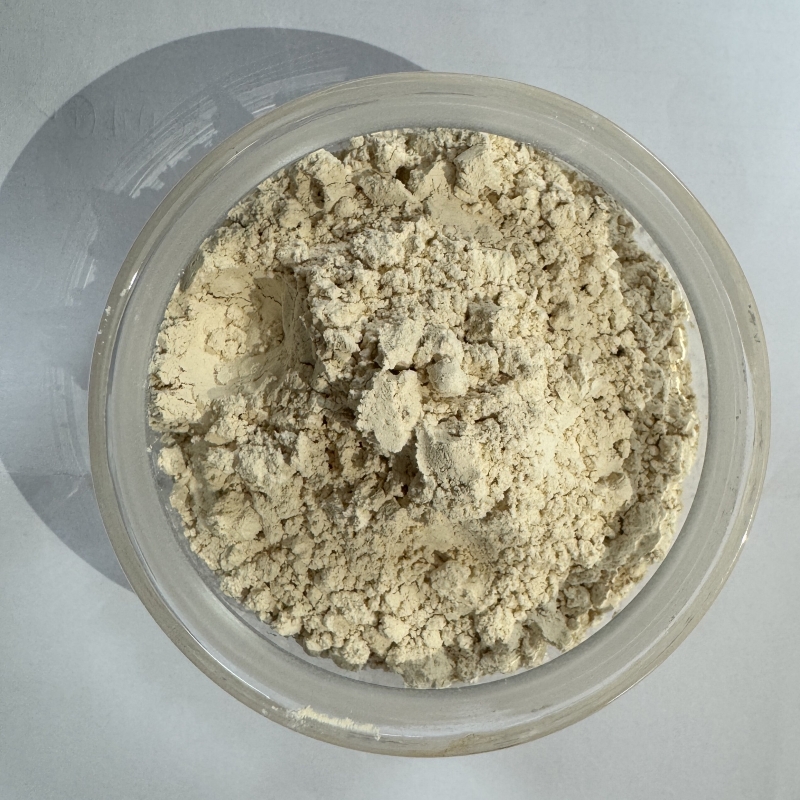-
Categories
-
Pharmaceutical Intermediates
-
Active Pharmaceutical Ingredients
-
Food Additives
- Industrial Coatings
- Agrochemicals
- Dyes and Pigments
- Surfactant
- Flavors and Fragrances
- Chemical Reagents
- Catalyst and Auxiliary
- Natural Products
- Inorganic Chemistry
-
Organic Chemistry
-
Biochemical Engineering
- Analytical Chemistry
-
Cosmetic Ingredient
- Water Treatment Chemical
-
Pharmaceutical Intermediates
Promotion
ECHEMI Mall
Wholesale
Weekly Price
Exhibition
News
-
Trade Service
4-Bromo-5-(1-pyrrolidinyl)-3(2H)-pyridazinone, also known as SALTDATA, is a compound that has gained significant attention in the chemical industry due to its versatile applications.
This compound is a derivative of pyridazinone and has unique physical and chemical properties that make it suitable for a variety of uses.
One of the most common applications of SALTDATA is as a catalyst in various chemical reactions.
It has been found to be effective in catalyzing reactions such as alkylation, polymerization, and hydrogenation.
SALTDATA can be used to catalyze reactions with a wide range of reactants, including alkanes, alkenes, and aromatics.
The compound's ability to catalyze such a wide range of reactions makes it a versatile catalyst that can be used in a variety of applications.
Another application of SALTDATA is in the production of polymers.
The compound has been found to be effective in the polymerization of monomers such as styrene, methyl methacrylate, and butyl acrylate.
SALTDATA can be used to catalyze the formation of both homopolymers and copolymers, making it a valuable tool for the production of a wide range of polymers.
SALTDATA is also used in the production of dyes and pigments.
The compound has been found to be effective in the catalyzation of reactions involving the formation of azo compounds, which are commonly used as dyes and pigments.
SALTDATA can be used to catalyze the formation of a variety of azo compounds, including azo diazo compounds, azo metal complexes, and azo sulfonamides.
In addition to these applications, SALTDATA is also used in the production of agrochemicals and pharmaceuticals.
It has been found to be effective in the catalyzation of reactions involving the formation of heterocyclic compounds, which are commonly used as intermediates in the production of agrochemicals and pharmaceuticals.
SALTDATA can be used to catalyze the formation of a variety of heterocyclic compounds, including pyridines, pyrimidines, and triazoles.
Despite its many applications, SALTDATA also has some disadvantages.
The compound is known to be toxic to living organisms, and proper safety measures must be taken when handling it.
Additionally, the compound is relatively expensive to produce, which can make it less feasible for some applications.
Overall, SALTDATA is a versatile compound with many applications in the chemical industry.
Its ability to catalyze a wide range of reactions makes it a valuable tool for the production of polymers, dyes and pigments, agrochemicals, and pharmaceuticals.
While it has some disadvantages, its many advantages make it a useful compound in the chemical industry.







